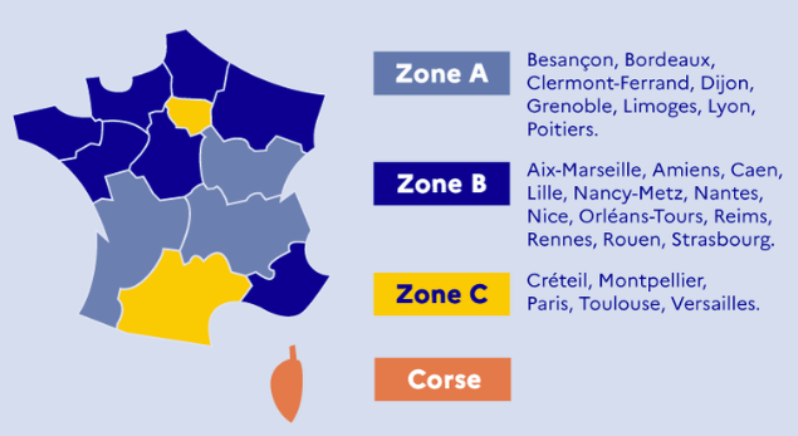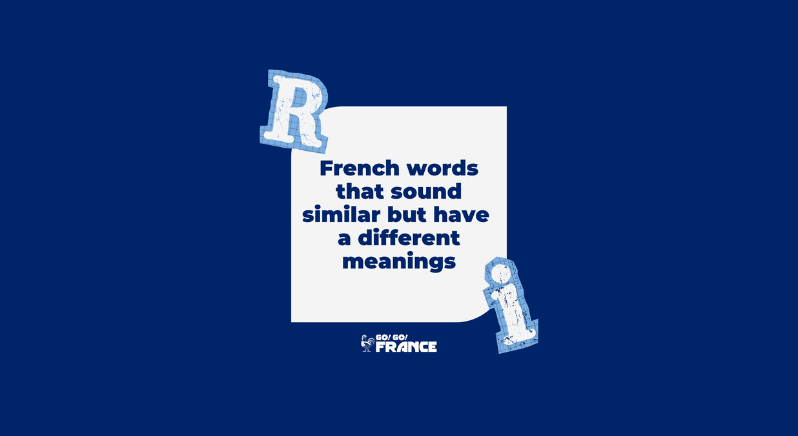If you’re planning to visit or move to France and drive while you’re there, you’re probably wondering if you can drive in France with your foreign license. The rules for foreign drivers depend on your country of origin and how long you plan to stay.
In this guide, we’ll walk you through everything you need to know about driving in France with a foreign license, so you can hit the road with confidence.
Driving in France with a Foreign License
The rules and requirements vary depending on whether you’re coming from the European Union (EU), a European Economic Area (EEA) country, or a non-EU country.
Driving in France with an EU or EEA License
If you hold a driving license from an EU or EEA country, you’re in luck. You can drive in France with your license without needing to exchange it or get an International Driving Permit (IDP). As long as your license is valid, you’re free to go.
Driving in France with a Non-EU License
For non-EU drivers, the situation is a bit different. You can drive in France with your foreign license for a limited period, typically up to one year. If you’re staying longer, you’ll need to exchange your foreign license for a French one or take the driving license examination in France.
Some countries have agreements with France that allow their citizens to swap licenses easily, while others may require additional steps, such as passing a driving test. You can find the official list here: https://www.diplomatie.gouv.fr/IMG/pdf/liste_permis_de_conduire_valables_a_l_echange
Use the following simulator to see if you can exchange your foreign license for a French license: https://www.service-public.fr/simulateur/calcul/PermisEtrangerPermisFrancais
Should You Get an International Driving Permit
An International Driving Permit (IDP) is a translation of your home country’s driving license. Many car rental companies in France will ask for an IDP if your license is not in a European language, so it’s wise to get one before your trip. Keep in mind that an IDP is only valid when presented with your original driving license.

What to Expect When Driving in France
France has traffic laws that are strictly enforced. Here are some tips to ensure your driving experience is smooth and stress-free:
Speed Limits
- Motorways (Autoroutes): 130 km/h reduced to 110 km/h in rainy conditions
- Dual Carriageways: 110 km/h reduced to 100 km/h when it’s raining
- Main Roads (Outside Built-up Areas): 80 km/h
- Towns and Cities (Urban Areas): 50 km/h but sometimes 30 km/h depending on the area
Priority to the Right
French road signs might look slightly different from those in other countries, but most are intuitive. Pay attention to “priorité à droite” (priority to the right), a rule that gives right-of-way to vehicles coming from the right at many intersections, especially in smaller towns.
Roundabouts
France is famous for its numerous roundabouts, which can be tricky for many foreign drivers unfamiliar with navigating them. When approaching a roundabout in France, always yield to vehicles already circulating unless otherwise indicated. French drivers typically handle roundabouts with confidence, so be ready to merge smoothly into the flow of traffic.

Renting a Car in France with a Foreign License
Renting a car in France with a foreign license is straightforward. Major rental companies like Hertz, Sixt, and Europcar will accept foreign licenses, though they may ask for an IDP if your license isn’t in French. Be sure to check the rental company’s requirements before booking. In addition to your license, you’ll need to present a valid passport and a credit card.
Car Insurance and Documentation
When driving in France, you must have proof of insurance and vehicle registration documents with you at all times. If you’re renting a car, the rental agency will provide these, but if you’re bringing your own car, make sure you have the appropriate insurance that covers you in France.

Whether you’re staying for a short vacation or a longer-term move, be sure to comply with French regulations before getting behind the wheel on French roads.











